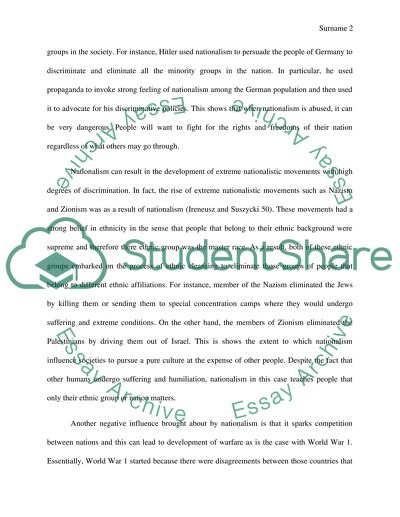Cite this document
(“Nationalism Essay Example | Topics and Well Written Essays - 1500 words - 1”, n.d.)
Retrieved from https://studentshare.org/history/1640805-nationalism
Retrieved from https://studentshare.org/history/1640805-nationalism
(Nationalism Essay Example | Topics and Well Written Essays - 1500 Words - 1)
https://studentshare.org/history/1640805-nationalism.
https://studentshare.org/history/1640805-nationalism.
“Nationalism Essay Example | Topics and Well Written Essays - 1500 Words - 1”, n.d. https://studentshare.org/history/1640805-nationalism.


